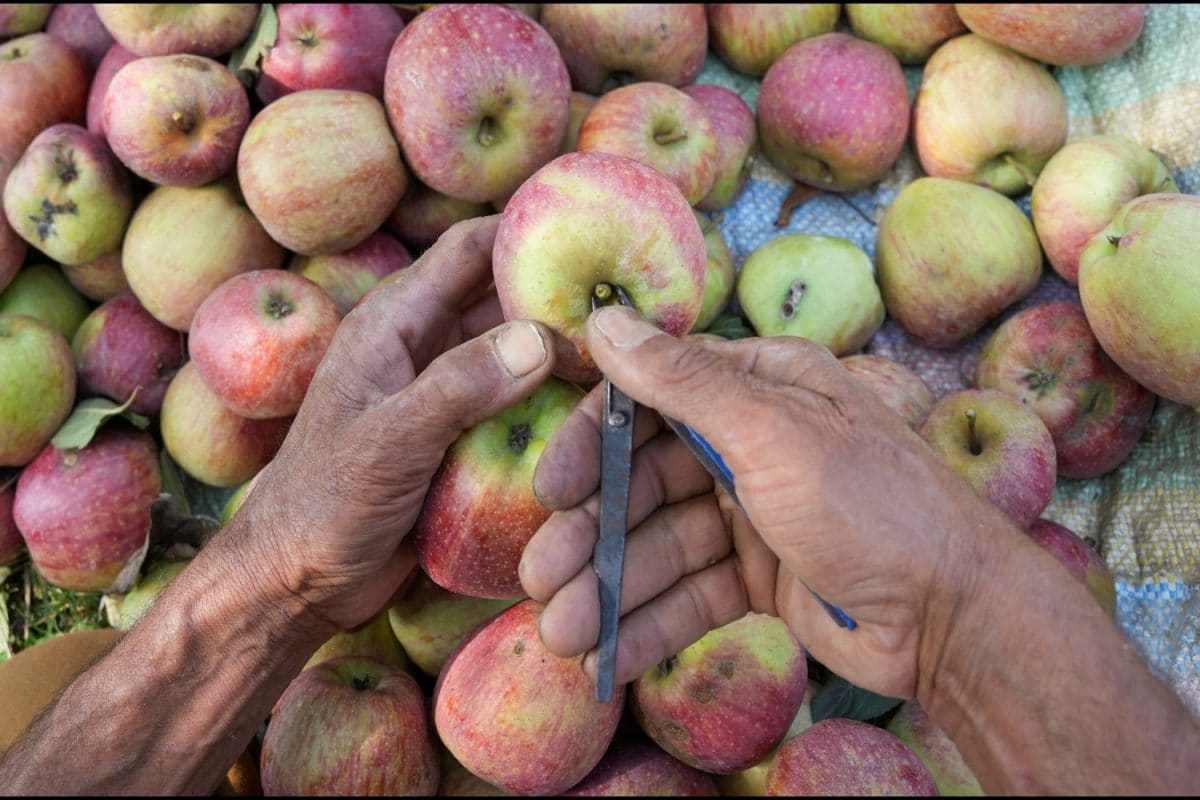

The Indo-Pakistan relationship has again impacted international trade, this time with fruit traders in Uttar Pradesh (UP) and other parts of India taking a stand against Turkish apples in response to Turkey's perceived pro-Pakistan stance. This economic backlash highlights the intricate connections between international relations, trade, and domestic sentiment.
Tensions between India and Pakistan have escalated following an attack on Indian tourists in Pahalgam, Kashmir. India responded with airstrikes, leading to further military actions and heightened diplomatic friction, including Turkey voicing support for Pakistan. This support triggered outrage in India, leading to a boycott of Turkish apples by Indian traders.
The boycott is significantly impacting the Indian fruit market. Turkish apples, which contribute a substantial Rs 1,000 to 1,200 crore in seasonal business, are disappearing from local markets. Traders in Pune, a major trading hub, have confirmed that they have stopped purchasing Turkish apples. They are shifting their demand to domestic sources like Himachal Pradesh and Uttarakhand, as well as other international suppliers such as Iran.
This move reflects a strong sense of patriotism among Indian traders who feel they cannot support trade with a country that seemingly sides against India's national interests. The "Ban Turkey" movement has gained momentum, with consumers actively avoiding Turkish produce, further reinforcing the boycott at the retail level. One fruit trader in Pune noted a sharp drop of nearly 50% in consumer demand for Turkish apples.
The decision to boycott Turkish apples is not merely an economic one; it is a political statement. It underscores how international political alignments can directly affect local economies and trade relationships. By choosing to boycott, Indian traders are signaling their disapproval of Turkey's stance and demonstrating solidarity with their nation.
The situation also highlights the complexities of international trade in a globalized world. While economic benefits often drive trade relations, political and social factors can quickly disrupt these ties. This incident serves as a reminder that trade is not always purely transactional; it can be deeply intertwined with political ideologies and national sentiments.
Looking ahead, it remains to be seen how long this boycott will last and what its long-term effects will be on trade relations between India and Turkey. However, the immediate impact is clear: Turkish apple exports to India are taking a hit, and Indian traders are actively seeking alternative sources to meet consumer demand. This situation underscores the importance of considering political factors in international trade and the potential for consumer and trader activism to influence economic relationships between nations.